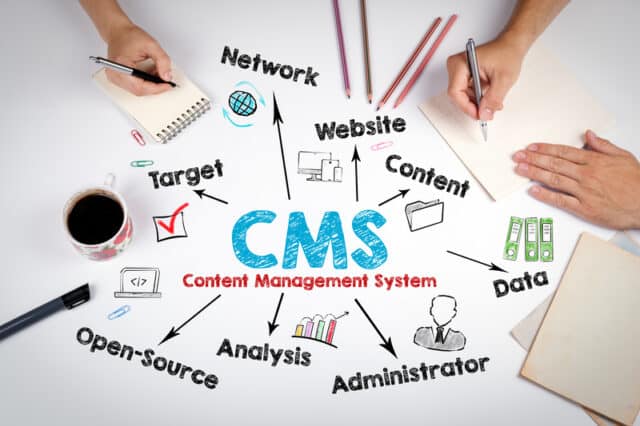CMS challenges prevent organizations unlocking their data

New research finds that 84 percent of organizations believe their existing content management system (CMS) is preventing them from unlocking full value from their data and content.
The study, from headless CMS company Hygraph, surveyed 400 professionals in product and engineering roles across the US, UK, and Germany, and finds 92 percent of organizations say their content and data sources are currently siloed, with 38 percent describing it as 'very siloed'. This means the work required to integrate all these sources is both time-consuming and expensive.
In addition 77 percent say they need to build and manage custom software to link various content and sources with their existing CMS. Almost nine-in-ten (88 percent) of respondents say building custom software is an innovation bottleneck.
"Many existing content management systems are struggling to deliver the modern, seamless, digital experiences that users and customers demand," says Michael Lukaszczyk, co-founder and CEO at Hygraph. "Without a future-proof CMS, organizations risk amassing significant technical debt maintaining a patchwork of integrations. This will slow down digital innovation at a time when it should be accelerating."
The top challenges with existing CMS include: changes can only be made by a small number of people with the right skills (46 percent), difficult to add new types of data and content to products and services (40 percent), integrating CMS with other systems (36 percent), it only works with a limited number of content types (34 percent), and cannot expose multiple data sources and make real-time updates without creating copies (28 percent).
Only 34 percent of respondents say their organization's CMS is very effective at underpinning new digital services. 77 percent say the difficulty of exposing and using existing data and content in their digital services restricts their revenue opportunities. While a further 76 percent say technology constraints are preventing them from empowering more content creators within their organisation.
"To compete in the content economy, organizations need to unlock value from content without bottlenecks or migration and duplication issues. Content federation leverages all data sources across business infrastructure, and delivers it exactly where needed. As well as supporting content-rich applications, this approach alongside a headless CMS can accelerate innovation and revenue opportunities," adds Lukaszczyk.
You can find out more on the Hygraph site.
Image credit: Edgars Sermulis/Dreamstime.com
